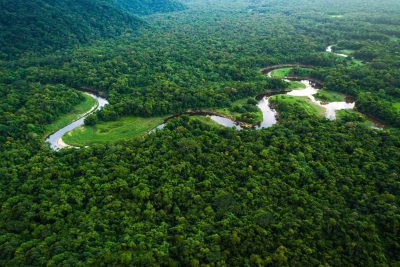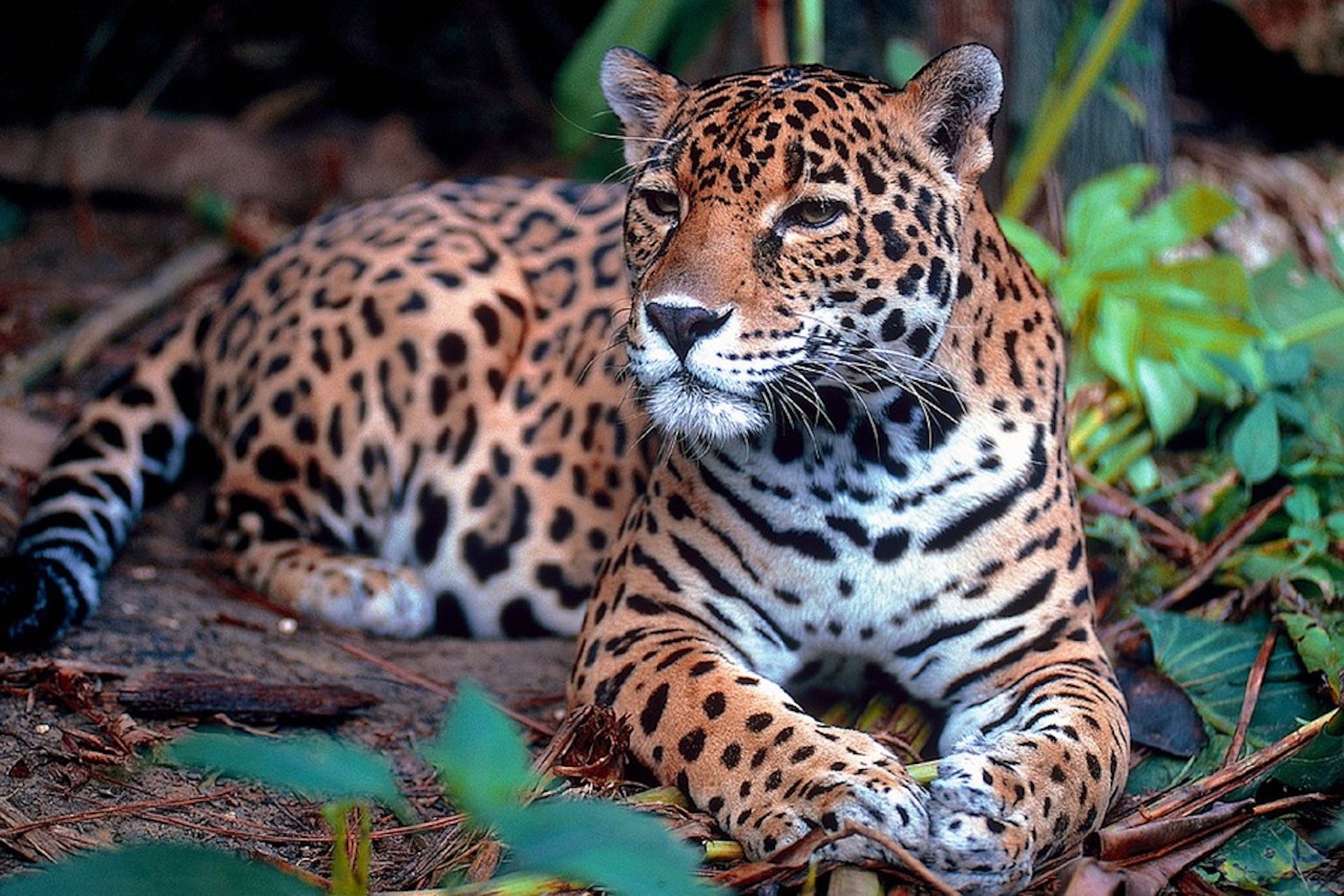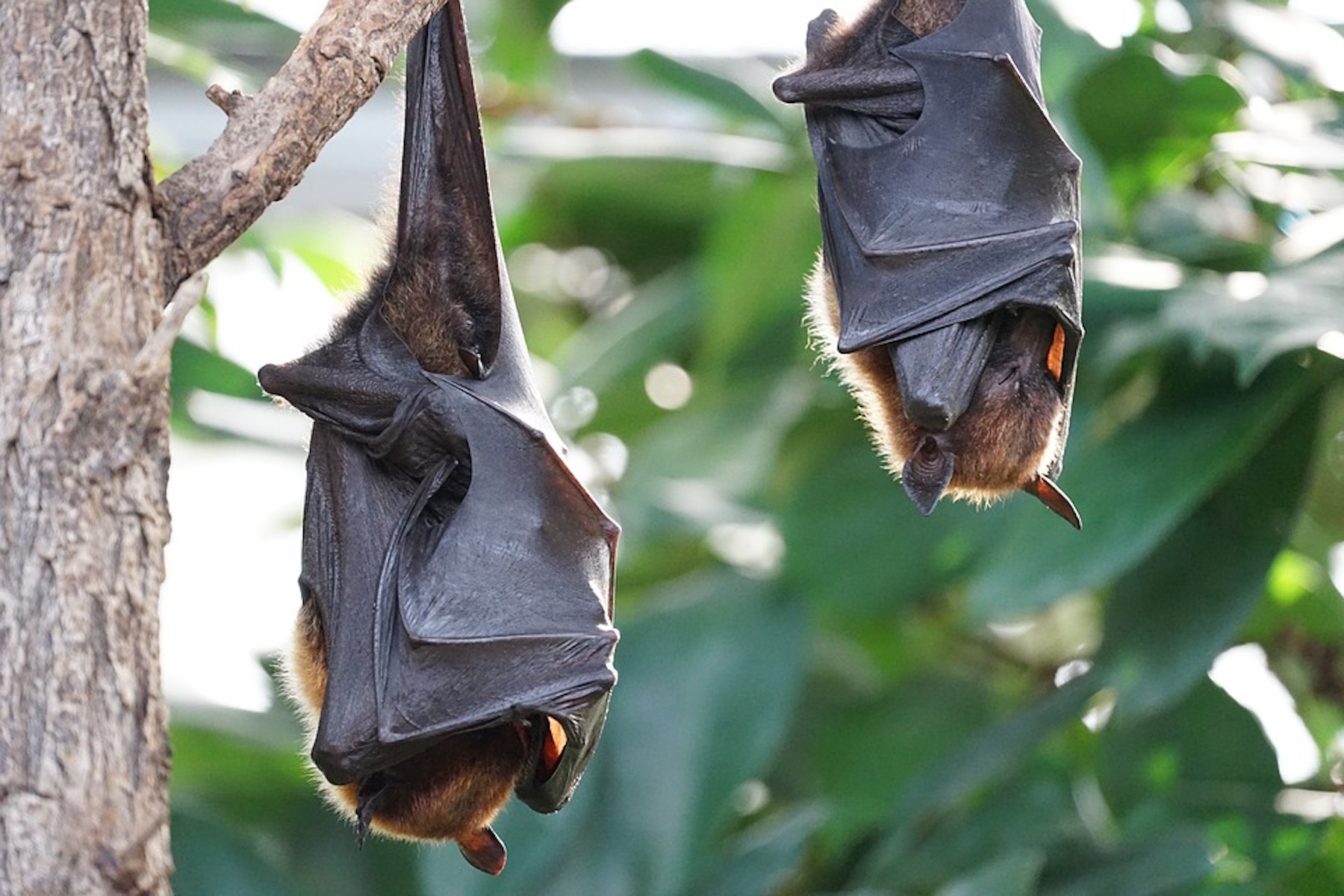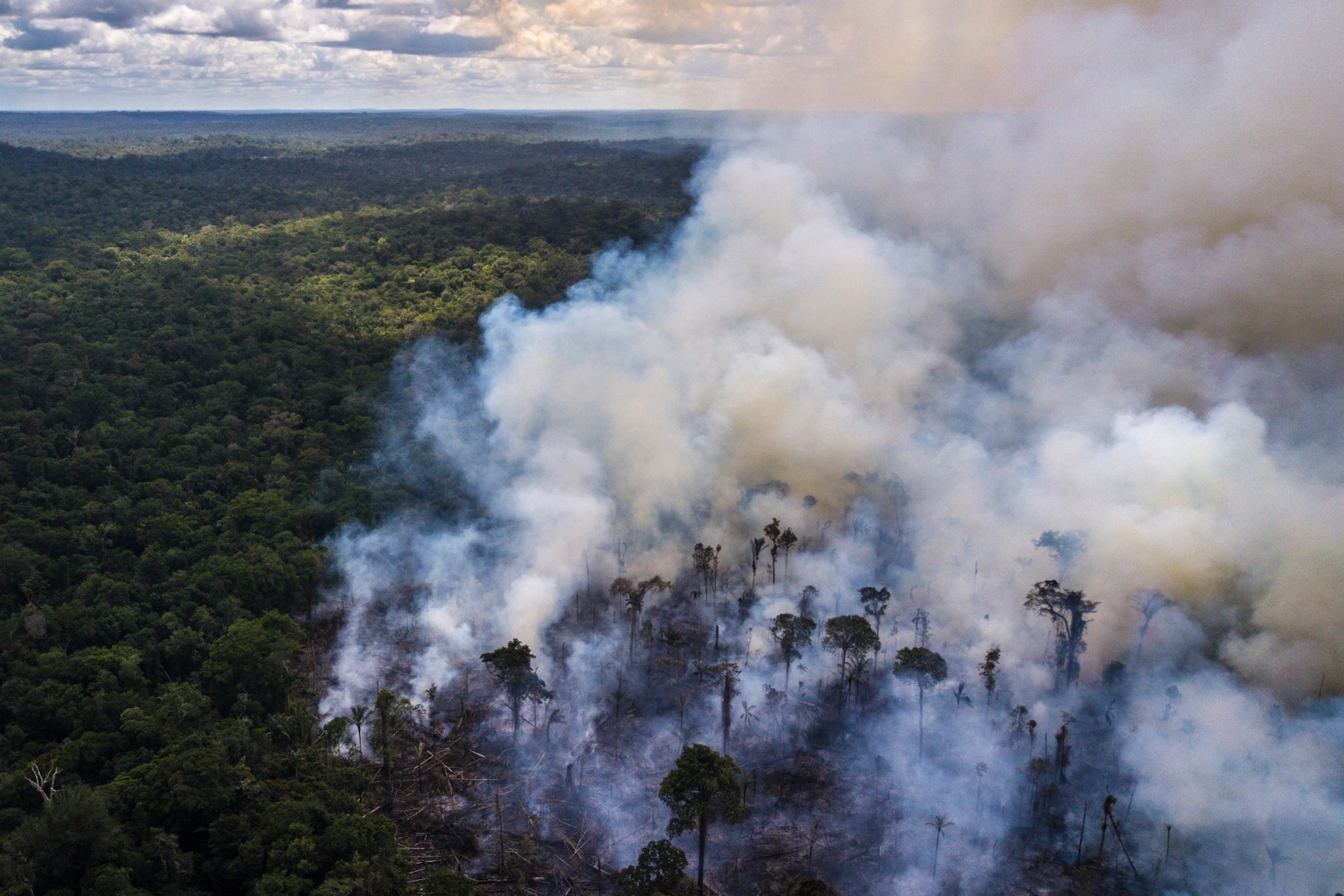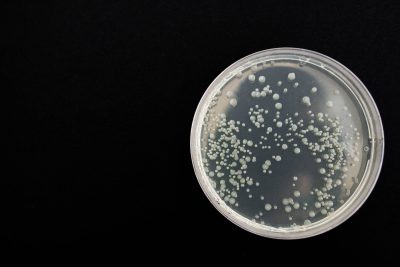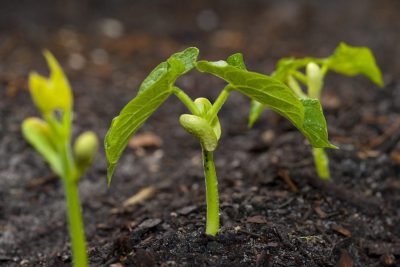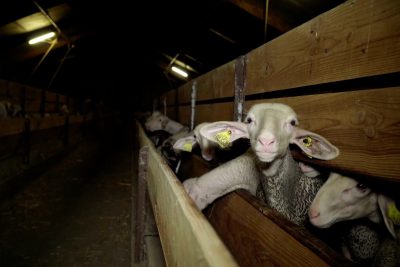September 5th is World Amazon Day, but what’s so important about this tropical habitat and what does saving it have to do with how we choose to eat?
Spanning nine countries and covering over 2.1 million square miles, the Amazon rainforest is the largest rainforest in the world and it houses an unparalleled amount of biodiversity.
One in ten known species in the world lives in the Amazon rainforest, including 40,000 plant species, 3,000 species of fish, 2,000 birds and mammals, over 800 species of amphibians and reptiles, and about 2.5 million species of insect. It is one of Earth’s last refuges for jaguars, harpy eagles, and pink river dolphins, and a haven for disease vectors, like vampire bats, ticks, and mosquitos.
In addition to this, the Amazon is home to more than 30 million people, including 350 indigenous and ethnic groups that depend on the rainforest for their food, clothing, and medicines. But the fact that it sustains so much life and biodiversity is only one of the reasons why the Amazon is so important.
This dense jungle is also a globally essential source of oxygen, and it mitigates climate change by absorbing carbon and other heat-trapping greenhouse gases that human activities emit. In a sense, it acts like a reversed pair of lungs, breathing in gases that are harmful to our environment, and breathing out up to 9 percent of the oxygen that sustains us.
Tropical rainforests like the Amazon can provide 23 percent of the climate mitigation needed to meet goals set in the Paris Climate Agreement, but without the Amazon, pollution and global warming will increase. As a result, our planet will experience progressively extreme weather conditions, like catastrophic hurricanes, heatwaves, floods and wildfires, in addition to melting glaciers, warming oceans, and the mass extinction of countless species.
These environmental disasters that many of us are still lucky enough to only be seeing in the news, will soon come to affect us all if we don’t each do our part to help save the Amazon.
Changing trends in global climates have also affected patterns of infectious disease transmission, by creating climatic conditions that better suit the survival and evolution of deadly pathogens. The World Health Organization (WHO) predicts that a global temperature increase of just 2-3ºC would, as an example, increase the number of people who are at risk of contracting malaria by several hundred million.
Deforestation also forces forest-dwelling disease transmitters, like bats and mosquitoes, to fly elsewhere in search of food. As they do, they come into closer contact with humans and farmed animals, carrying with them deadly viruses with pandemic potential.
Covid-19 has made the entire world painfully aware of the terrible power that zoonotic (animal-borne) viruses can wield, and the more we clear forest habitats, the more often it will be that we find ourselves in the midst of a global pandemic. In fact, nearly one in three outbreaks of new and emerging diseases are linked to land-use changes like deforestation.
Deforestation is an increasingly serious issue that needs to be addressed, but first we need to understand what drives it.
About 17 percent of the Amazon rainforest has been destroyed, largely through man-lit fires, over the past 50 years, which is more than in the previous 450 years combined. In Brazil alone, this equates to roughly 770,000 square km — an area larger than the entire state of Texas.
2020 has seen a sharp increase in deforestation, despite the importance of the Amazon in mitigating climate change, disease outbreaks, and species loss, and irrespective of the fact that respiratory diseases caused by air pollution from the fires has exacerbated the impact of Covid-19 for indigenous communities living in the Amazon region — communities who are now experiencing a mortality rate that is double that of the rest of Brazil.
Why is this happening, and who is responsible?
Well, the short, hard answer is that… we are.
It’s easy to vilify others, like the fossil fuel industry or palm oil companies – which are without a doubt deserving of our vilification – when addressing deforestation and climate change, because doing so permits us to do nothing, or very little, in response. But sadly, we have no hope of saving the Amazon, of tackling climate change, or of preventing the next pandemic if we can’t speak honestly about what’s really causing it, as well as our potential to change our habits in response.
The perhaps somewhat inconvenient truth is that animal agriculture – the industry feeding our insatiable desire for meat – is the world’s leading driver of deforestation, accounting for more than 80 percent of current Amazon deforestation rates. The Brazilian Amazon alone is home to approximately 200 million cows and is the largest beef exporter in the world, supplying about 25 percent of the global market (approx. 1.64m tonnes of meat per year) to consumers across America, Europe, and East Asia. In 2019, the fires in the Amazon rainforest were 3 times more common in cattle-producing areas near slaughterhouses than in the rest of the forest.
So you see, the issue is what we eat.
Business and politics cannot fix this, and it’s not someone else’s problem to fix either: it is down to us, the demand-creating consumer. The Amazon needs to be at the centre of a change in our values, and not a back-of-the-mind concern that gets forgotten as soon as the waiter arrives.
According to the Intergovernmental Panel on Climate Change (IPCC), even if we were to do everything else that is necessary to save the planet, it will be impossible to meet the goals of the Paris Climate Accord if we do not change our diets.
Conversations about giving up meat, dairy and eggs often make people defensive — not least of all because change can be challenging. But if we truly care about saving the Amazon, about protecting loved ones from avoidable pandemics, and about safeguarding our planet for generations to come, then it should be gratifying and empowering to know that, by rising to the challenge, WE can be the change we seek.
We cannot keep eating animal products and also preserve our beautiful planet. We must either let destructive eating habits go, or let the Amazon go. It is that straightforward, and it is also that fraught. Luckily, with more delicious alternatives to meat, eggs and dairy on the market than ever before, there’s never been a better or more crucial time to adopt a sustainable, plant-based lifestyle.
Don’t barter the Amazon rainforest for a burger: choose vegan instead!
Take Million Dollar Vegan’s FREE 30-day vegan challenge today.
